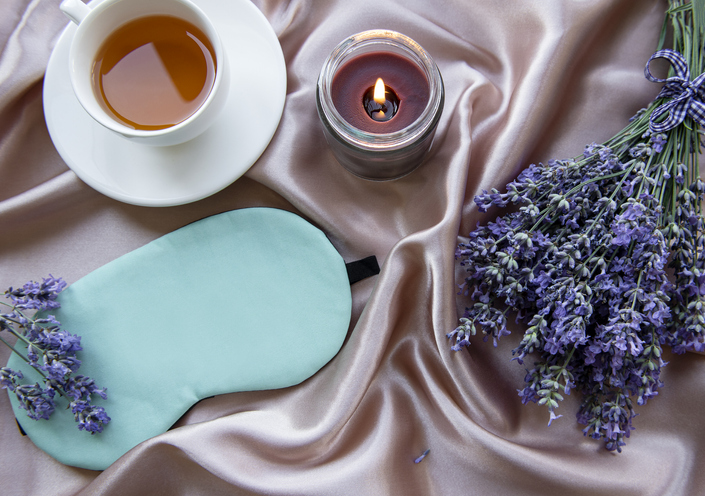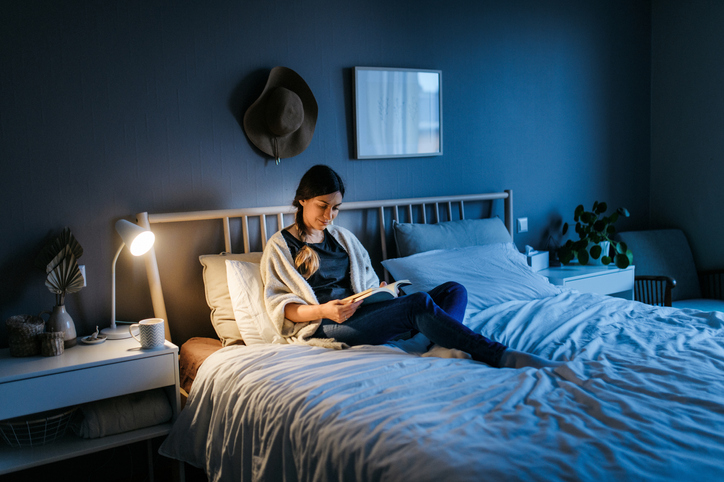For something we’ve done since the day we were born, sleep sure can be complicated. While some do enjoy regular nights of deliciously deep sleep, many of us find ourselves struggling with it at some point in our lives.
In fact, in Philips’ 2020 Global Sleep Study, it was found that 51% of adults worldwide are unsatisfied with their sleep. And every year this number continues ticking upward, while the number of people attempting to resolve their sleep issues continues to decline. Considering the impact that sleep quality has on cardiovascular health, our hearts are less than thrilled with this trend.
Sleep Deprivation is Common, Not Normal
Because sleep deprivation, which is defined as less than six hours of sleep, has become so commonplace, and our bodies are so adaptable (at least for a time), the issue often gets swept under the rug. Or even used as a bragging right. Before we go on to explore why quality sleep is so essential for heart health, the leading contributors for lacking quality sleep, and ways of combating them, let’s first agree on one thing:
Just because sleep deprivation is common, it should not be the standard. Our quality of sleep directly affects our hearts, our happiness and our overall sense of well-being. Whether sleep patterns are shaky due to insomnia, sleep apnea, or plain old night-owl tendencies, you and your heart deserve to be rested so you can start each day as your own best version.
Lack of Quality Sleep Increases Heart Rate
Consider this your new mantra: “When I’m well-rested, my heart is well-rested.”
Likewise, when you’re tired, your heart is tired. It seems pretty simple, right? In order for our resting heart rate (RHR) to decrease, we have to give our hearts time to, well… Rest. When they don’t get that rest, they become less efficient. Much like us. And it doesn’t only affect RHR. A study showed that when participants got less than six hours of sleep, their daytime heart rates increased as well. And this was coupled with increased stress hormones that have the tendency to constrict blood vessels and increase blood pressure.1
Lack of Quality Sleep Increases Heart Rate
Of course, if lacking good sleep increases our heart rates, and has the potential of increasing blood pressure, then it comes as no surprise that it also increases our odds of developing heart disease.
For instance, a review of multiple medical studies in the European Heart Journal shared that those who sleep less than the recommended amount (between 7-9 hours nightly) are 48% more likely to develop or die of coronary heart disease (CHD), and 15% more likely to develop or die from a stroke, within a seven to 25-year timeframe. And those with regular sleep problems are more also more likely to develop an irregular heartbeat and heart palpitations.2
Getting less than six hours of sleep can also impact heart health in ways such as:
- Increasing risk of heart attack by 20%3
- Increasing risk of stroke, due to heightened blood pressure
- Increasing insulin resistance, a known risk factor for developing type 2 diabetes and heart disease4
- Decreasing heart rate variability
Too Much Sleep is Also Hard on the Heart
Cultivating a Sleep Pattern That’s “Just Right”
The CDC recommends that adults get between 7-9 hours of sleep each night. While too much or too little sleep can hurt heart health, the good news is that find that sweet spot, and getting enough quality sleep can help it. And even help to protect you from heart disease. Why is this the case?
When we get the right amount of sound sleep, our blood pressure and heart rates drop, reducing our hearts' overall workload. Sleep also helps to regulate our hormones, brain functioning and general sense of well-being. Just consider how much easier it is to be physically active and make aligned food and lifestyle choices when you’re fueled with the (decaf) energy you need!








